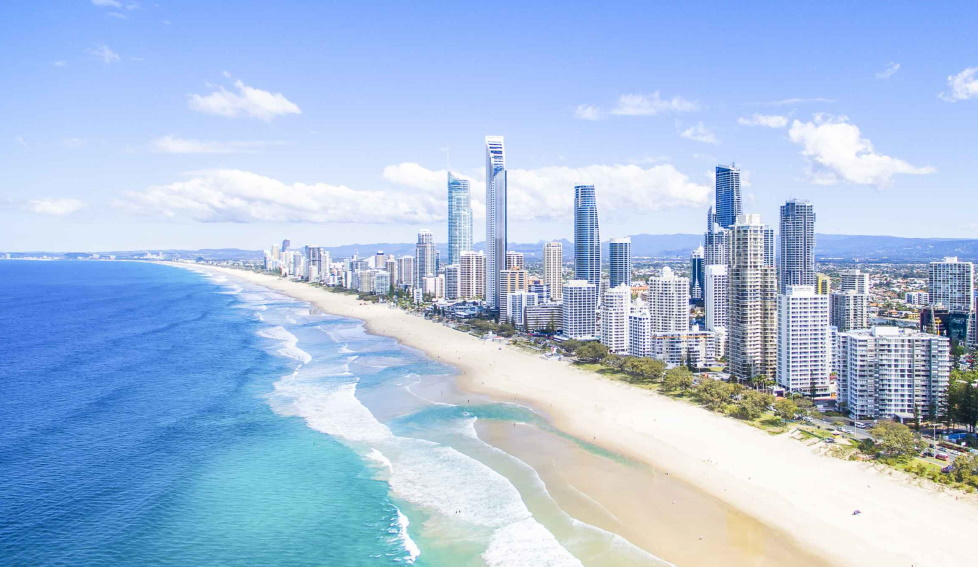Booking customers on flights that were cancelled – how could Qantas do that?
- Written by Volodymyr Bilotkach, Associate Professor, Purdue University

Fining Qantas A$600 million[1] if it is found to have knowingly sold so-called “ghost flights” would be fair, according to the Australian Competition and Consumer Commission.
The commission this week launched action[2] in the Federal Court alleging Qantas engaged in false, misleading or deceptive conduct by selling tickets on flights that had already been cancelled, and not informing passengers of cancellations in a timely manner.
The regulator’s charges against the airline, which last month reported a record $2.47 billion profit[3], have precipitated the early exit of longtime chief executive Alan Joyce, who quit this week two months ahead of schedule. This court challenge will certainly add to the workload of his successor, Vanessa Hudson.
Read more: Qantas chief Alan Joyce quits early, amid customer fury at the airline[4]
Qantas has acknowledged[5] that service standards might have slipped as the airline was struggling to recover after the pandemic.
The nature of the oversights that led to the airline’s errors will determine the airline’s liability – both to the consumer regulator and to individual claims for compensation.
Importantly, the case also points to the need for greater regulatory protection of the airline’s passengers, in line with other jurisdictions.
How did Qantas get in this mess?
The short answer, most likely, is that the carrier did not handle flight cancellations promptly due to the sheer volume of work and labour shortages as it sought to resume operations following the end of pandemic restrictions.
The consumer regulator’s allegations relate specifically to May and June 2022. Australia lifted many of its COVID-related travel restrictions in March[6], and travellers entering the country after July 6[7] were not required to show proof of vaccination. The airline was trying to bring its planes back into service and hire or retrain its employees, and generally was struggling to get back to more or less normal operations.
In its statement, the competition watchdog noted the carrier cancelled nearly one in four flights scheduled during that period; and for two out of three cancelled flights it either continued selling tickets or failed to inform the passengers –sometimes for extended periods of time – or both.
Flight cancellations are a normal part of an airline’s operations. However, the “usual” cancellation rate is less than 2%[8], less than a tenth of what Qantas experienced in May and June 2022. What is unusual is that Qantas did not immediately remove cancelled flights from its booking system. This is something I have never heard of.
One also suspects the airline has had enough “practice” with schedule adjustment during the pandemic to know better. There are clearly gaps in the carrier’s management. It has lessons to learn from this debacle.
Read more: Qantas can't charge these prices forever: the challenge ahead for new chief Vanessa Hudson[9]
What is Qantas’ liability?
The question of the extent of the airline’s liability is not straightforward. Obviously, a business willingly selling a product or service it has no intention to deliver is at fault, and has to face consequences.
At the same time, a business selling a product that has defects it is unaware of, despite doing its best to prevent such defects from occurring, will face certain costs (such as those associated with a product recall) but may be spared sanctions.
The onus will be on Qantas to demonstrate it made an honest mistake rather than a lapse of judgement. But considering the scale of the problem, the airline faces a very difficult task here.
Individual claims pending
As well as a potential fine, Qantas should brace for a flood of claims from individual passengers who bought a ticket for an already cancelled flight or were not informed in a timely manner.
Timing will be of the essence here. If a passenger incurred expenses assuming the flight was operating when it had already been cancelled, such as making a non-refundable hotel reservation, there is a case to request compensation for such expenses.
Otherwise, the standard policy will apply: the airline is not usually responsible for any non-refundable and uninsured expenses a passenger incurs prior to the flight cancellation.
Closing the regulatory gap
The regulator should, however, also take a closer look at the existing air passenger rights in Australia.
Currently, the consumer is entitled to replacement or refund[10] if an airline does not provide services “in a reasonable time” - that is, in the event of a lengthy delay or a flight cancellation. However, the definition of “reasonable time” and the specifics of the compensation policies are left to the airlines.
Read more: Will it be greener pastures for Qantas as Alan Joyce takes off?[11]
In other parts of the world, actions have been or are being taken to strengthen customer protection. For instance, in the European Union[12], lengthy delays that are the airlines’ fault lead to the carriers paying out cash compensation as well as the cost of accommodation and meals.
Similar regulations were proposed in the United States[13] earlier this year.
Perhaps, if stronger consumer protection rules had been in place in Australia in 2022, Qantas would have managed the aftermath of flight cancellations more diligently.
References
- ^ A$600 million (www.atn.aero)
- ^ launched action (www.accc.gov.au)
- ^ $2.47 billion profit (www.theguardian.com)
- ^ Qantas chief Alan Joyce quits early, amid customer fury at the airline (theconversation.com)
- ^ has acknowledged (www.atn.aero)
- ^ March (www.voanews.com)
- ^ after July 6 (www.travelpulse.com)
- ^ less than 2% (www.transportation.gov)
- ^ Qantas can't charge these prices forever: the challenge ahead for new chief Vanessa Hudson (theconversation.com)
- ^ the consumer is entitled to replacement or refund (www.accc.gov.au)
- ^ Will it be greener pastures for Qantas as Alan Joyce takes off? (theconversation.com)
- ^ the European Union (europa.eu)
- ^ were proposed in the United States (www.transportation.gov)
Authors: Volodymyr Bilotkach, Associate Professor, Purdue University














